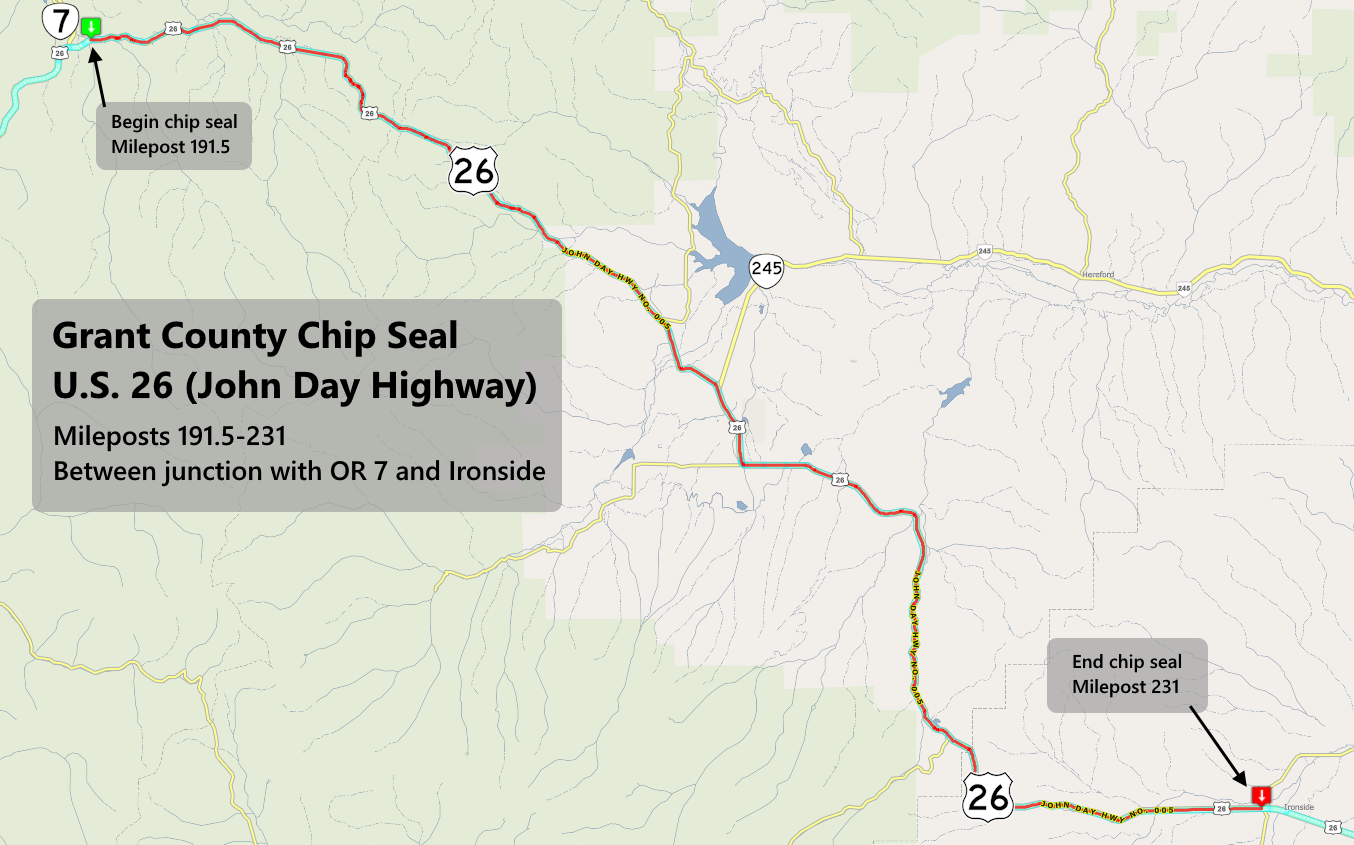Lawmakers advance special election to budget committee
Published 3:26 pm Saturday, July 1, 2017
Capital Bureau
SALEM — The House rules committee on Saturday advanced a bill that would create a January 2018 special election if any legislation approved this session gets referred to voters.
About one week before the Legislature reaches its deadline, a battle has developed over the special election proposal. The controversy has highlighted uncertainty over how the state plans to fund the Oregon Health Plan, its version of Medicaid.
A January election next year is expected to set the state back about $3 million. The issue likely faces further debate at its next stop, the Joint Committee on Ways and Means, which hammers out the state’s two-year budget.
Oregonians can petition to refer successful, non-emergency legislation to the ballot. The referral typically gets voted on in the next general election, but the legislature has the authority to hold special elections.
Democrats fear recently-passed legislation that creates taxes and assessments on healthcare providers, insurers and coordinated care organizations to pay for Medicaid will get referred, and say that a January election date allows legislators to reconvene in the February 2018 short session to find a plan B for Medicaid funding should the legislation fail at the ballot.
State Rep. Julie Parrish, R-Tualatin/West Linn, has publicly acknowledged her intentions to file a petition to get the so-called provider tax referred to voters.
The state is poised to raise more than $600 million in the next two years through the provider tax and draw down nearly $1.9 billion in federal funding to help pay for the Oregon Health Plan, Oregon’s version of Medicaid.
Parrish contends that rescheduling the election less than a month after the Christmas holiday circumscribes the public’s ability to weigh in.
Oregonians vote by mail, but Parrish argues that sending out voters’ pamphlets during the holiday season, when the mail business is typically busy and results in delays, could disenfranchise overseas and military voters.
House Democrats are concerned a referral could result in a funding shortfall in Medicaid, which approximately 1 million Oregonians receive.
Once petitioners get enough signatures for a referendum, the legislation in question goes on hold.
The provider tax bill includes a tax on insurance premiums, for example, which is poised go into effect Jan. 1, 2018. It wouldn’t take effect that date if petitioners are successful in getting it on the ballot.
If the ballot measure referral vote were held in November, even if voters approved it, implementation would be delayed by 11 months.
Democrats have also charged that Parrish is personally invested in seeing the provider tax fail at the ballot, an issue that came up Saturday afternoon at a contentious meeting of the House Committee on Rules, where the amendment to the elections legislation was adopted and advanced.
A political action committee, or PAC, has already formed to campaign for the referral, according to State Rep. Dan Rayfield, D-Corvallis.
Oregonians Against More Health Care Taxes has received $10,000 in donations from a single donor, according to campaign finance records. On Wednesday, Rayfield charged that a “longtime business and political partner” of Parrish’s, Lindsey Berschauer. had established the committee.
Parrish says that while she and Berschauer are friends and “work together on issues,” they do not have a legal business partnership or other entity together. Parrish has worked on previous political campaigns, including the 2016 campaign for Secretary of State Dennis Richardson, a Republican.
Rayfield contended during Saturday’s hearing that Parrish stood to profit from a ballot referral.
“When you come here today, the real question I want to ask you is, are you coming here as a consultant, or are you here as a legislator, and do you intend to profit off of this referendum?” Rayfield asked Parrish during her testimony Saturday afternoon.
Parrish shot back that Democratic members of the committee had received money from unions and special interests with a stake in the provider tax legislation — such as State Rep. Rob Nosse, D-Portland, who works for the Oregon Nurses Association, Parrish said, and has received campaign donations from the association.
“Collectively,” Parrish said, addressing the five Democrats, “You all have taken $1 million.”
The amended bill would also create a bipartisan legislative committee to write ballot titles; members of the majority party would outnumber the number of members from the minority party, and the provision has been decried by Republicans.
But that provision of the bill has drummed up opposition from those outside the GOP as well.
Daniel Meek, of the Oregon Progressive Party, criticized the proposal in written testimony earlier this week.
“Having the Legislature itself write the ballot titles and explanatory statements for measures the legislature itself refers to voters is like putting the fox in charge of the henhouse,” Meek wrote.






